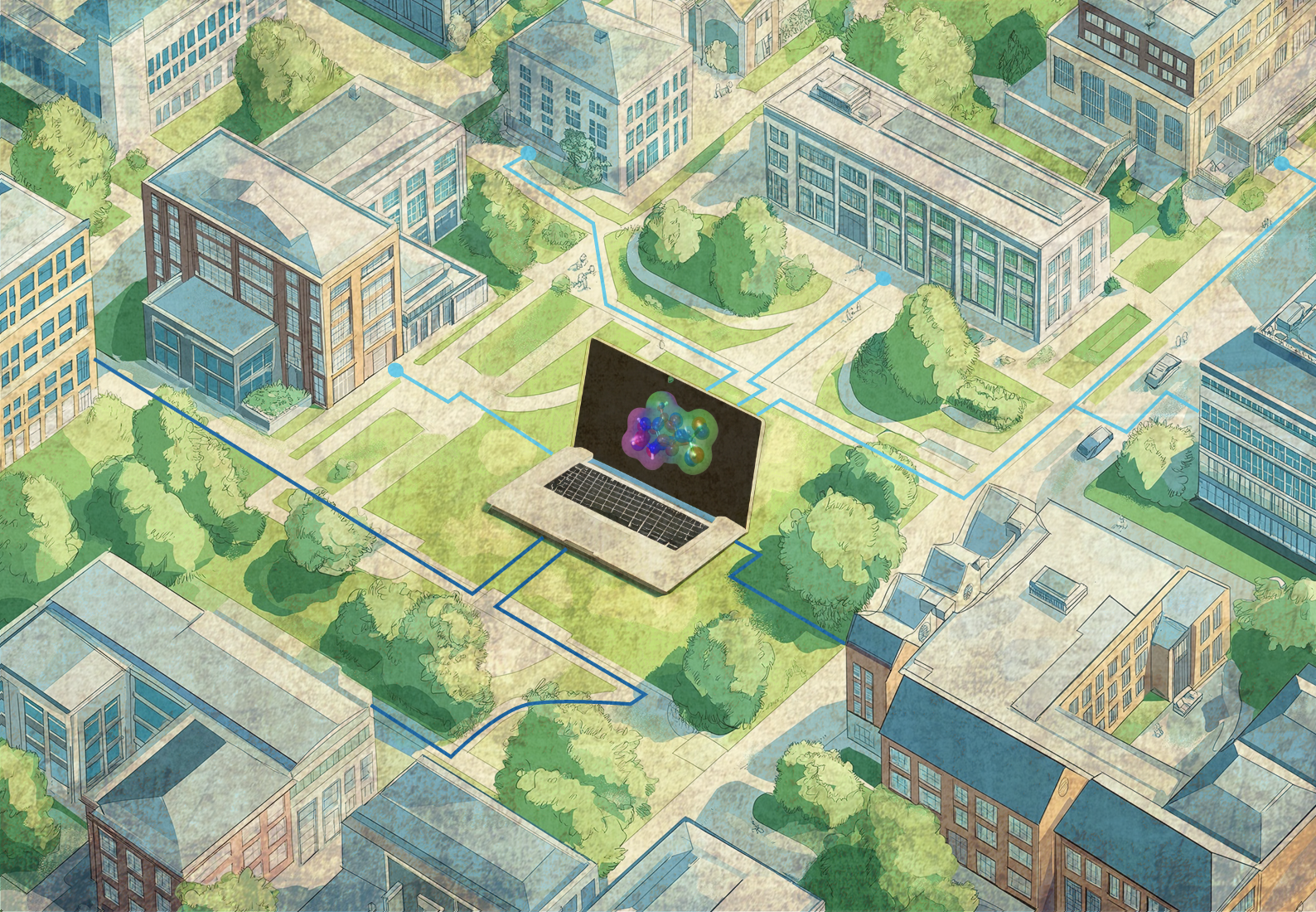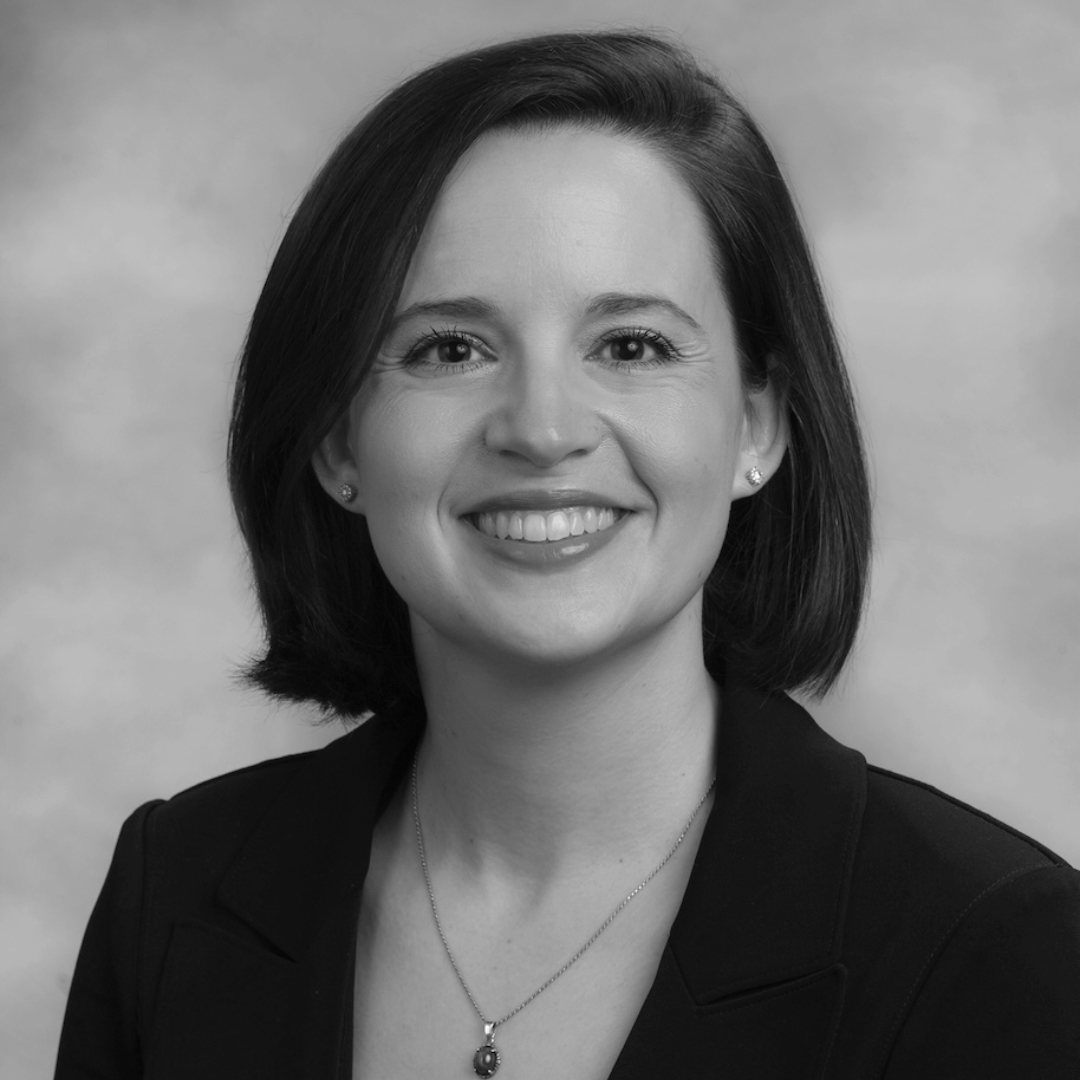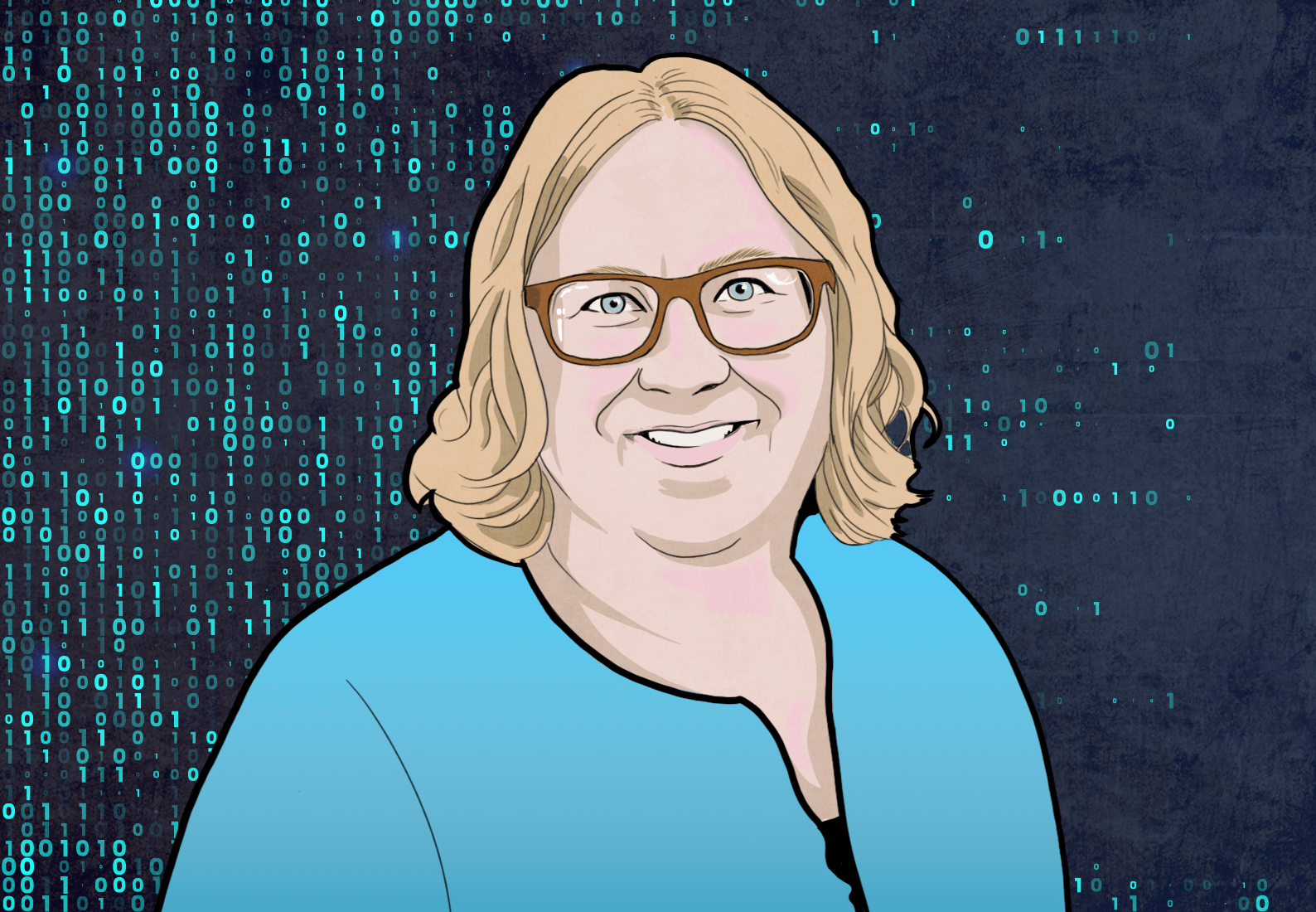In the world of academic research, access to cutting-edge tools and resources can change the course of a person’s career, a lab’s focus, and even an entire field of study. At Emory University, the unification of the Schrödinger site license has done just that—democratizing access to powerful computational chemistry tools and elevating the entire research landscape across the institution. This shift from a closed, piecemeal system to fully open, campus-wide access has unlocked new possibilities for researchers at Emory, empowering more than 3,000 individuals in research positions to leverage Schrödinger’s state-of-the-art software.
Breaking Down Barriers with Campus-Wide Access
Before this unification, the Schrödinger site license at Emory operated under a closed access system. Only research groups that could afford to contribute financially were able to use the software, which created significant inequities. Smaller labs, often with limited funding, found themselves sidelined, unable to access the tools that could potentially drive their research forward. The restrictive nature of this system meant that innovation was, in some ways, gated by resources—a scenario far from ideal in an academic setting where collaboration and knowledge-sharing are key to progress.
Recognizing this, the leadership at Emory’s Biological Discovery through Chemical Innovation (BDCI) initiative saw an opportunity to make a lasting impact. BDCI exists to support interdisciplinary research across the university by providing seed funding and facilitating groundbreaking projects at the intersection of chemistry, biology, and human health. By unifying the Schrödinger site license under BDCI and opening it up to all researchers at Emory, we’ve worked to streamline access and create an environment where innovation can thrive, regardless of a lab’s size and discretionary budget.
As the managing director of BDCI, I have the privilege of working closely with faculty, graduate students, and postdoctoral researchers to help them identify the tools they need and connect them with potential collaborators. The open-access Schrödinger license has become a cornerstone of these efforts, enabling researchers to explore new avenues in computational chemistry and drug discovery without the previous financial barriers.
A Surge in Usership and Innovation
The academic site license has been hugely impactful across our institution. Since the unification, there has been a tremendous increase in the number of researchers utilizing Schrödinger’s tools. These tools are now accessible to a diverse range of research groups across Emory, including those in structural biology, organic chemistry, pediatrics, biochemistry, pharmacology, and chemical biology.
In particular, researchers involved in small molecule modeling, docking, and free energy perturbation—core components of computational drug discovery—are now able to fully leverage Schrödinger’s capabilities. This has led to more robust and innovative research outputs, as well as successful collaborations across disciplines. The Schrödinger platform, once limited to a select few, is now driving discoveries by Emory researchers that have the potential to impact medicine and healthcare on a global scale.
Empowering the Next Generation of Scientists
Perhaps the most significant benefit of the open-access model is its impact on early-career researchers, particularly graduate students and postdocs. These individuals, including those in smaller, less-funded labs, now have the same access to Schrödinger’s tools as their more established counterparts. This has lowered the barrier to entry for computational chemistry and drug discovery, enabling young scientists to gain hands-on experience with industry-leading software early in their careers.
Moreover, the availability of online resources and learning tools provided by Schrödinger has been a game-changer. Previously, many researchers were intimidated by the complexity of the software, but now they have access to a wealth of tutorials and support materials. This has made it easier for them to get started and to integrate these powerful tools into their research, further accelerating the pace of innovation at Emory.
The success of the unified Schrödinger site license at Emory is a testament to the power of open access in academia. By breaking down financial barriers and democratizing access to essential research tools, Emory has created an environment where innovation can flourish. The BDCI initiative’s role in this transformation highlights the importance of institutional support in fostering collaboration and driving scientific discovery.
As we look to the future, the open, campus-wide access model implemented at Emory could serve as a blueprint for other institutions seeking to elevate their research capabilities. By putting powerful tools like Schrödinger’s platform in the hands of all researchers, regardless of their funding, we can unlock new possibilities in science and medicine, paving the way for discoveries that will benefit society as a whole.










